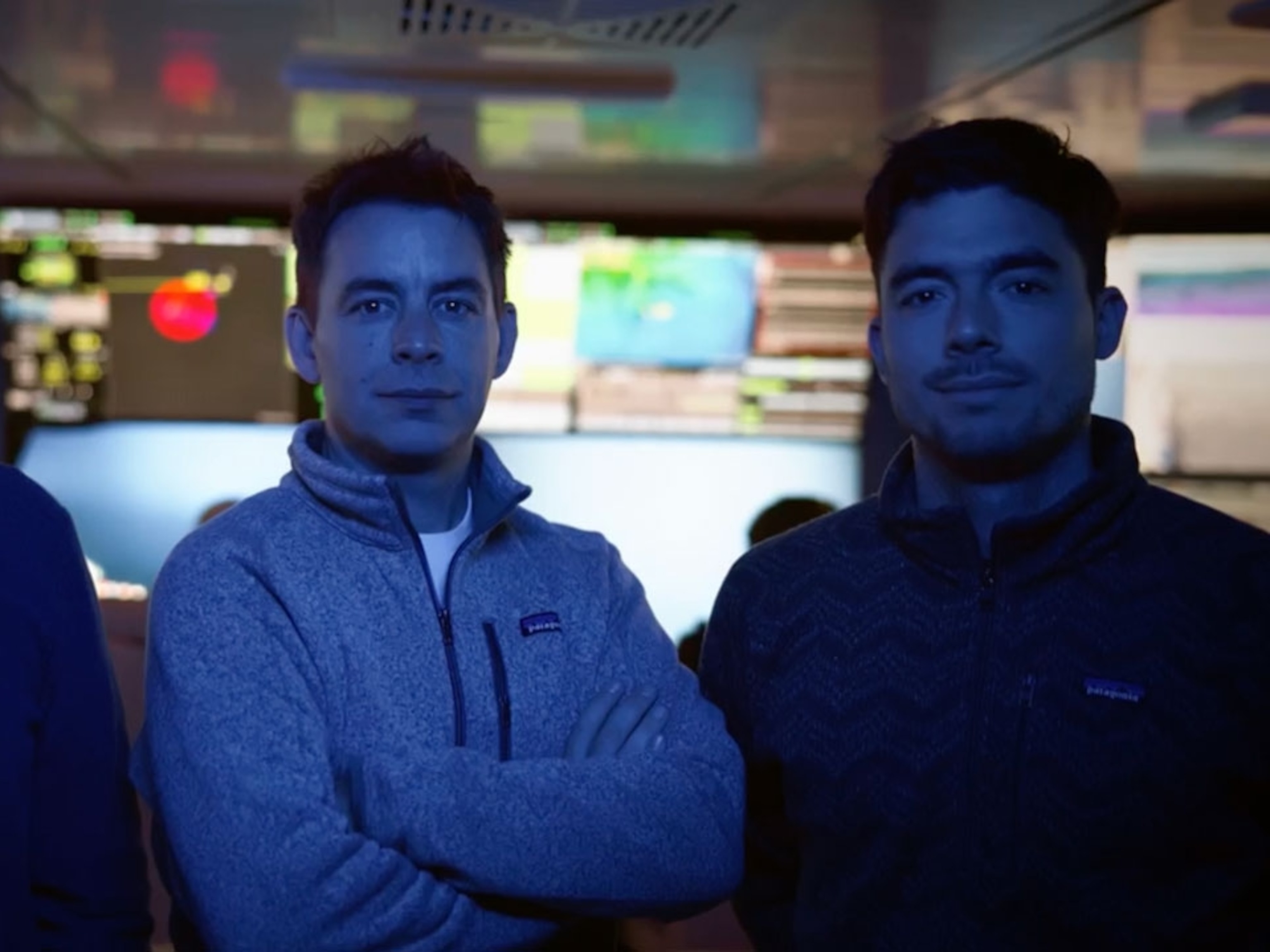
Climate Change Now Impacting U.S., Government Report Warns
The draft report, currently under review at the White House, forcefully states that the fruits of a changing climate are already here.
A scientific review prepared for a massive U.S. government report on climate change forcefully asserts that human activity is changing the global climate—and that the U.S. is already feeling the effects.
In and of itself, the report is hardly unusual. Since 1990, the sweeping National Climate Assessment has been mandated by U.S. law. Every four years, an expert panel of climate scientists and officials from 13 federal agencies assemble a rigorous scientific review of how climate change is impacting the United States.
But a 545-page draft of the scientific review that will inform the 2018 assessment, examined by the New York Times on August 7 and here by National Geographic, is notable because of the current U.S. executive branch. Virtually point for point, the review flatly refutes statements that senior Trump administration officials have made about the causes and effects of our changing climate.
Between 1901 and 2015, the review states that average annual surface-air temperatures over the contiguous U.S. have increased by about 1.2 degrees Fahrenheit, making recent decades the country’s warmest in more than a thousand years. Days of extreme temperatures have become more common.
What’s more, intense heat waves and heavy precipitation events are on the rise, and some regional droughts are reaching record intensities. Precipitation patterns across the country are changing, albeit with considerable regional variation. Snowpacks are threatening to shrink.
And depending on how the U.S. and world choose to address future carbon emissions, average annual temperatures may increase by anywhere from 5 to 7 degrees Fahrenheit over the U.S.—making today’s record-setting years the future’s everyday.
The review also summarizes the key findings of thousands of studies, conducted by tens of thousands of climate scientists across the globe over a period of decades:
- Global evidence makes clear that today’s climate is changing rapidly compared to the natural climatic changes that have occurred throughout Earth’s history.
- The frequency and intensity of heavy precipitation and extreme heat events are increasing in most regions of the world, consistent with the expected physical responses to a warming climate.
- Human activities—especially emissions of greenhouse gases—are primarily responsible for the observed changes in climate since the dawn of the Industrial Revolution. There are no alternative explanations or observed natural cycles that can explain recent climate change.
- Atmospheric CO2 levels have now passed 400 parts per million, a concentration last seen about 3 million years ago, when average temperature and sea level were significantly higher than today.
- The world is not reducing emissions enough to limit warming to 2 degrees Celsius relative to preindustrial temperatures by 2100, the goal of the Paris Agreement.
You can read an early draft of the review below:
On August 7, the New York Times reported that it obtained a draft of the report from scientists fearful that the Trump administration might attempt to alter or suppress its findings. The document that the Times originally published, the preliminary "third-order" draft, has been available for months and underwent a public comment period earlier this year. National Geographic independently obtained the third-order draft through a web link hosted by the U.S. National Oceanic and Atmospheric Administration.
On August 8, the Times updated its story with the final draft of the scientific review, the "fifth-order" draft.
According to Rutgers University climate scientist Bob Kopp, a coauthor of the review, the final draft is currently being reviewed by the Subcommittee on Global Change Research, part of the White House’s National Science and Technology Council. Comments are expected back on August 18.
At this point, Kopp says that the review process has been on track, and he sees no need to prejudge it. “I’m willing to give them the benefit of the doubt at the moment,” he says.
“That said, it is certainly true that some members of the administration have made statements that contradict the findings of the report, which is a cause for concern,” he adds.
Trump’s Controversial Approach to Climate
Since before his candidacy, U.S. President Donald Trump has repeatedly questioned the reality of climate change and has downplayed its projected negative impacts. He has also staffed his cabinet with officials who have equivocated on whether recent climate change is human-caused (it is) and have denied that carbon dioxide acts as the “primary control knob” for Earth’s temperature (it does).
In an effort to boost U.S. industry, the Trump administration has repeatedly attempted to roll back policies the Obama administration had put in place to stem U.S. carbon emissions, such as the Clean Power Plan, which aimed to restrict carbon emissions from U.S. power plants.
Evoking similar justifications, the Trump administration has also expressed its intent to withdraw the U.S. from the Paris Agreement, the global pact aiming to curb warming to 2 degrees Celsius above preindustrial temperatures. If the U.S. were to leave—which it cannot do until November 4, 2020, one day after the country’s next presidential elections—it would become one of three countries on Earth that are not parties to the agreement, and the only one to voluntarily withdraw.
The Trump administration’s chilly stance toward climate change extends beyond sweeping policy revisions. Whether from top-down directives or program-level efforts to fly under the budgetary radar, federal agencies under President Trump have been noticeably less outspoken about climate change than they were under President Obama.
In recent months the EPA and the Department of the Interior have removed web pages explaining climate change, to public outcry. Mere days after President Trump’s inauguration, the CDC canceled a planned conference about climate change’s impacts on health. And emails recently obtained by The Guardian show that senior U.S. Department of Agriculture officials recommended that agency scientists avoid the phrase “climate change” altogether.







